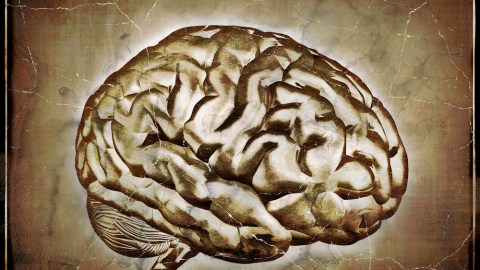The New Horizon of Neuroscience

The field of neuroscience, particularly related to imaging the brain, particularly the human brain, has evolved rapidly in the last decade. We have developed technologies that have identified specific areas of the brain that are active during specific tasks. And clear and rigorous documentation of the hypothesis of functional specificity, which is that a specific part of the brain does specific things, was one of the first accomplishments of this field.
But as we move forward and we become more sophisticated in our understanding of brain function, we turn to other probes of brain function. And I think that the current research that is most exciting, that is aimed toward understanding how the brain looks now at the connectivity between these specific areas.
So we begin not to think about brain function in terms of the old phrenology ideas – specific parts of the brain do specific things – but rather we think about brain function in terms of clusters or constellations of regions in the brain that are active. The simultaneous or nearly simultaneous activity of these areas can be differentiated in terms of the responsiveness to specific tasks or specific decisions by the strengths of connections between the areas.
So we begin to tap into the dynamics of the language of the brain as opposed to just understanding specific areas. So I think that the most exciting fields in neuroscience right now is that look at brain responsiveness, are related to understanding how information transfers from one part of the brain to another part of the brain in order to underlie behaviors of the complex types.
In Their Own Words is recorded in Big Think’s studio.
Image courtesy of Shutterstock




